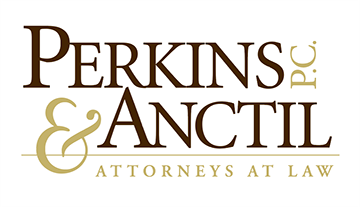As the United States continues to see an increase in COVID-19 (Coronavirus Disease 2019) cases, many of our manager, board member and community association clients have inquired how their communities can prepare for and safeguard against the virus. While it still appears as of this writing that the risk for most Americans remains low, we appreciate the concerns that many of our clients are, or may be, forced to consider in light of the spread of this disease.
We strongly recommend that all individuals concerned about the spread of the virus and its health implications should monitor federal, state and municipal bulletins (in particular, we have been directing clients to the United States Centers for Disease Control and Prevention webpage, which provides daily updates: https://www.cdc.gov/coronavirus/2019-ncov/index.html) for accurate and up-to-date information about COVID-19. At this point, little is known for sure about the virus, and people should avoid acting rashly or impulsively. Nevertheless, it behooves communities to hope for the best but plan for the worst, and associations and managers may wish to consider adopting plans or policies for reacting to outbreaks such as this.
At this stage, the best and most consistent advice from health professionals remains simple: people should wash hands thoroughly, use alcohol-based sanitizer, clean potentially infected surfaces, minimize physical contact and stay home/inside if one is feeling ill. At the community association level, we suggest that board members and managers consider adding hand sanitizer stations in common areas, increasing the frequency and intensity of common-area cleaning visits, postponing meetings or social events in common areas, and preparing to close common facilities (particularly gyms, clubhouses, etc.) if the situation warrants.
We will continue to monitor this situation and to coordinate with our industry partners to develop best practices and policies. While we hope to see an end to the threat of COVID-19 soon, its impact highlights the importance of considering plans for similar events in the future. If you have any specific questions or concerns, please feel free to contact Charlie Perkins or Scott Eriksen at 978-496-2000.
